Horse makes immediate recovery following removal of large nasal mass
Flyer, a 24-year-old registered Pinto horse with a lifelong cough, may be feeling better than ever before after a quick procedure at Washington State University that seems to have completely resolved his perpetual coughing fits.
For many years it was unclear the cause of Flyer’s coughing episodes. The answer finally revealed itself when a nasal polyp — a mass that began inside his nasal passages before growing outward and severely restricting his airway — continued to grow and later became visible in his left nostril.
With the mass growing at a rapid rate, Flyer’s owner, Heather Ray, feared her horse would suffocate if it was left untreated. Having consulted multiple equine veterinarians, and with her horse’s breathing becoming more and more labored, Ray packed Flyer in the trailer and made the six-hour trip from Boise to WSU’s Veterinary Teaching Hospital. Much to her surprise, the trip would take far longer than the 20-minute procedure that would save her horse.
Ruling out any cancers, during the initial CT scan, in an attempt to provide some immediate relief, Washington State University equine surgery resident Dr. Sebastian Larriva went to cut down the mass, which was growing outside of Flyer’s left nostril.
The result: the entire growth that spread to the horse’s larynx was freed out of the horse’s nostril.
“When Dr. Larriva called me and told me the mass was gone, my best friend and I, we both just started bawling because that was very unexpected,” Ray said. “All of sudden it was just gone, and I had this normal horse. So, we didn’t even have to have surgery, technically. He was just like, I’m just going to try to cut a little bit out, just to provide him some relief before surgery, and it just all slid right out.”
Larriva, who believes the polyp may have been growing for 15-20 years, said it’s like nothing he’s seen in his career.
“We started debulking the mass on the nostril while he was on the CT table and we managed to get most of it out of the nostril, but we felt a small attachment, we dissected it and the entire polyp released,” Larriva said.
The successful removal of the entire mass meant Flyer wouldn’t need to be anesthetized further for a second surgery, and, most importantly, his quality of life would immediately improve.
“Our initial concern was that he was not able to breathe out of one nostril already and that was going to keep compressing until his airway was completely restricted and he could no longer breathe,” Larriva said. “Horses are obligate nasal breathers. They can’t breathe out of their mouths like humans, dogs and cats, so if this wasn’t addressed it could have killed him.”
Back home, Flyer, a former drill team champion, looks and sounds like a completely different horse.
“When I got home after the surgery and I put him out in the round pen, he rolled, stood up and shook, and then he trotted off and my friend and I looked at each other, and my husband looked at me, and I was like, ‘this is so wild, he didn’t cough,’ ” Ray said.
Larriva said cases don’t always go this smoothly, but it is always reassuring when they do.
“It feels good, but it’s especially rewarding when we can make a difference on the horse’s quality of life and overall future, and in this case, our impact was immediate,” Larriva said.
Author: Joshua Babcock
Source: https://hospital.vetmed.wsu.edu/


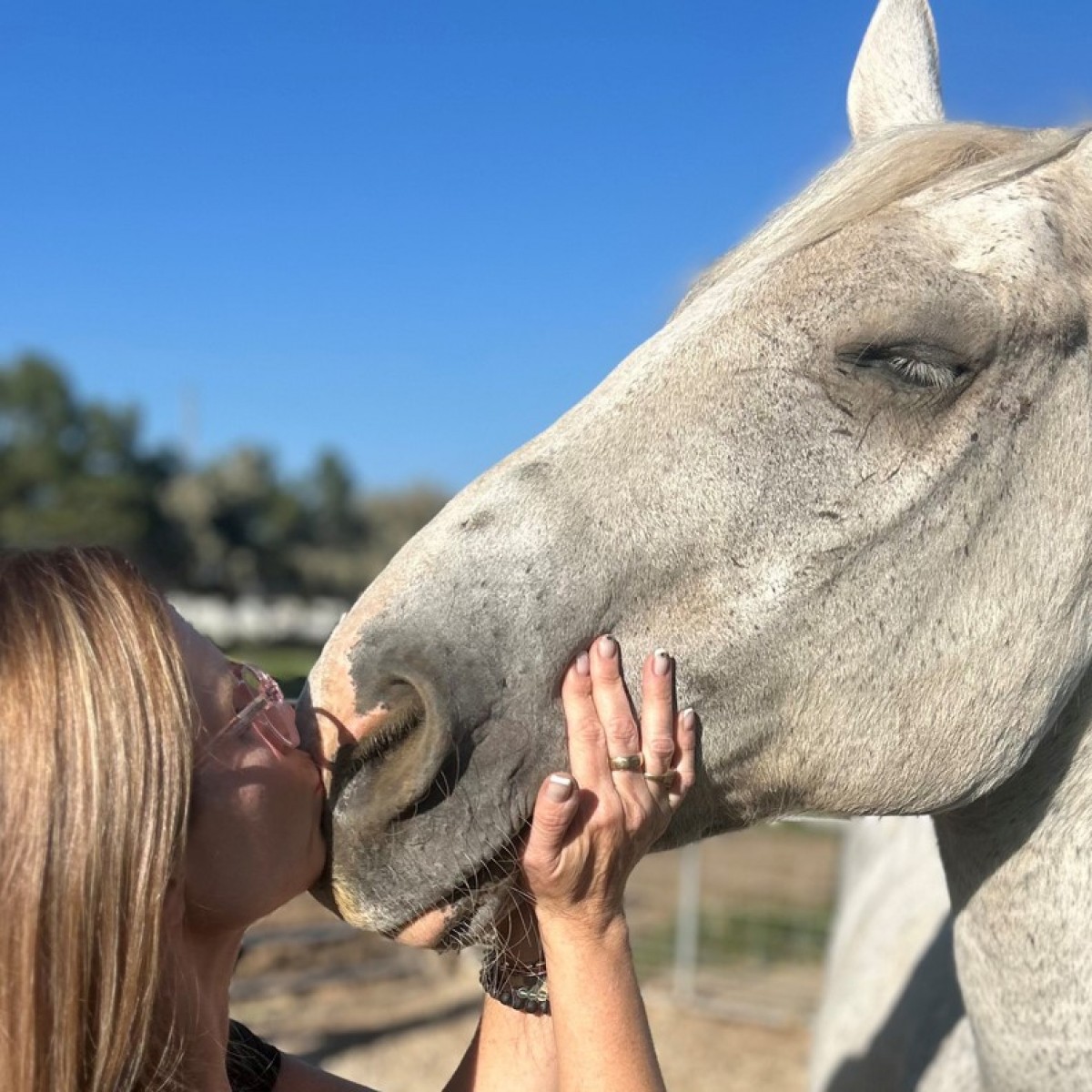
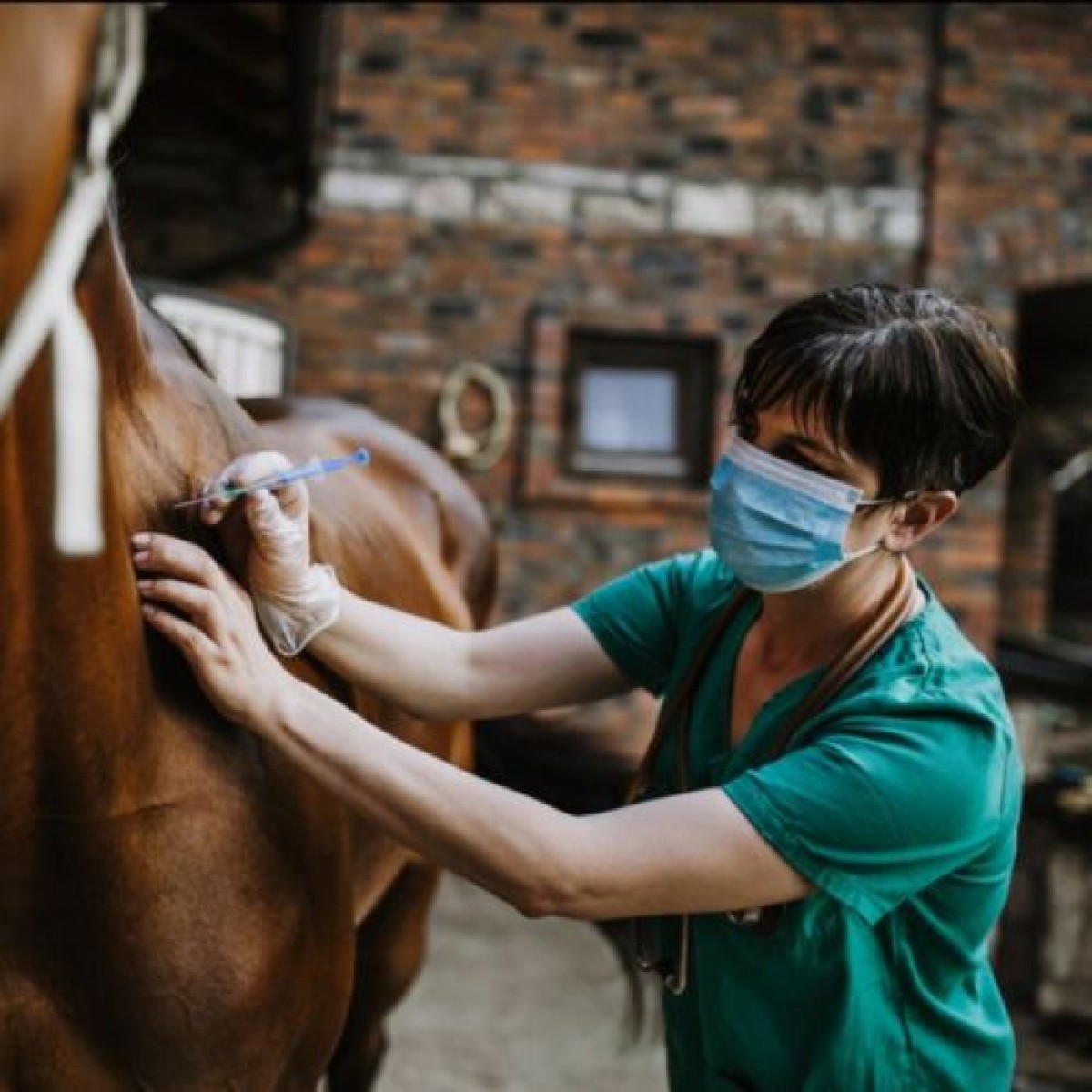




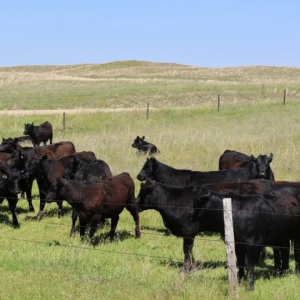
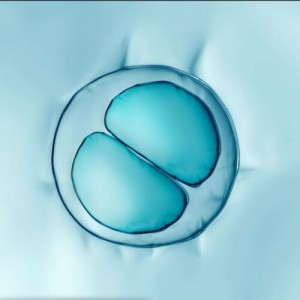
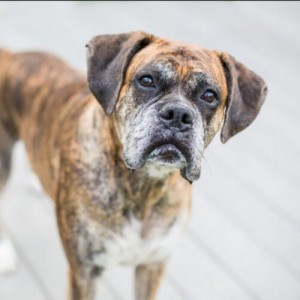
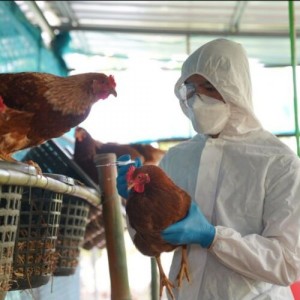


List
Add
Please enter a comment